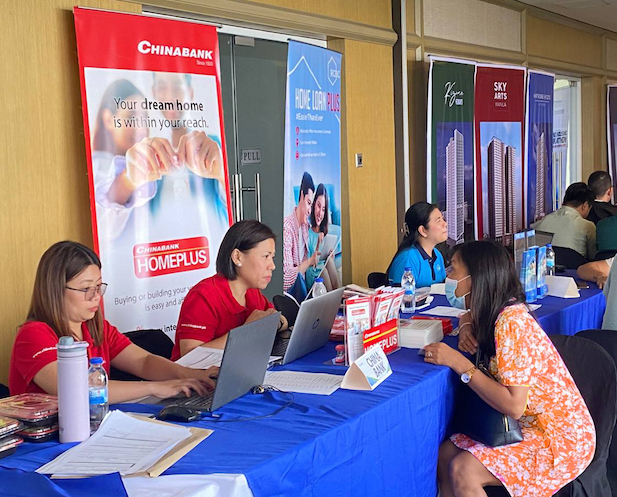—“—
When business activity is carried out justly, effectively, and sustainably, customers receive goods and services at fair prices.
We have come a long way in terms of our collective understanding of the role of businesses in society. Back in the 1950s and 1960s, we had influential economists such as Harvard professor Theodore Levitt and University of Chicago professor Milton Friedman who espoused a narrow view of what business organizations are for. Levitt, for example, in his 1958 his Harvard Business Review article titled The Dangers of Social Responsibility, argued that addressing social concerns and the general welfare was the responsibility of government, and not of business. Allocating resources in an attempt to alleviate social problems, he feared, would detract companies from the profit motive, which is the cornerstone of business success.
In 1962, Friedman, who won the Nobel Prize in 1976, echoed Levitt’s position. In his book Capitalism and Freedom, which was published by the University of Chicago, Friedman made a forceful argument that the only social responsibility of business is to maximize the profits of its owners or shareholders. In 1970, he reiterated his point in an article he wrote for the New York Times, which allowed him to reach a much wider audience. The article’s title: The social responsibility of business is to increase its profits.
Over the next few decades, businesses (especially large corporations with huge resources) faced heightened public expectations for them to engage in what is now commonly referred to as corporate social responsibility (CSR). CSR encompasses the economic, legal, ethical, and discretionary responsibilities of business, a categorization popularized by University of Georgia professor Archie Carroll.
The social responsibility movement rapidly grew especially with evidence that seemed to support the business case for CSR. By being socially responsible, businesses not only reduce cost and risks brought about by stricter regulation but also strengthen their legitimacy and reputation among key stakeholders.
Today, CSR has given way to Environment, Society, and Governance (ESG), a framework that assesses the performance of companies in terms of their impact on the environment (including the use of energy and water resources); the way they manage relationships with employees, customers, suppliers, and the community where they operate; and the extent to which they comply with regulations and adhere to the principles of transparency, accountability, ethical behavior in corporate governance.
According to the Vocation of the Business Leader: A Reflection, when businesses and markets function properly, under a sensible and effective regulatory regime, they can greatly contribute to the material as well as the spiritual well-being of humankind. In more concrete terms:
When business activity is carried out justly, effectively, and sustainably, customers receive goods and services at fair prices; employees engage in good work and earn a livelihood for themselves and their families; investors earn a reasonable return; and natural resources and ecosystems are looked after. Communities see their common resources put to good use, the environment is protected, and the overall common good is respected.
In De La Salle University (DLSU), we have a research center known as the PHINMA-DLSU Center for Business and Society, which advocates the notion of “Business as a Force for Good”. This slogan underpinned the criteria for selecting the winners of the Ramon V. del Rosario SIKLAB Awards, which recognizes promising entrepreneurs for their impact on communities and industries. Last year’s awardees are the following:
Fredly Group of Companies is an F&B company behind brands such as Macao Imperial Tea and Nabe. It was founded by Avin Ong, who built a billion-peso empire of more than 260 restaurants and 3,000 employees while adopting inclusive hiring practices for differently-abled individuals.
Kandama Social Enterprise, founded by Victor Mari Baguilat Jr., empowers indigenous Ifugao women weavers by giving their traditional hand-loomed fabrics exposure to the global market. Having been featured in fashion events in Hong Kong, Melbourne, New York, and Paris, Kandama is able to provide sustainable livelihood while preserving the precious weaving tradition of indigenous communities.
Masungi Georeserve, co-founded by Ann Adeline Dumaliang, transformed a conservation area that is home to 500 species, thorough an innovative approach combines conservation, eco-tourism, education, and community engagement. Masungi is credited for having planted 100,000 native trees and for having established ranger stations that protect the watershed.
Varacco Inc. provides livelihood to 400 coffee farmers in Cavite and Mindanao. Its founder, Ariestelo Asilo, exercised leadership that not only empowers farmers but also inspires the Filipino youth. In 2021, Varacco was recognized as one of the 50 Best Small Businesses for the United Nations’ “Good Food for All”.
Finally, Make A Difference (MAD) Travel is a social enterprise that partnered with the Aeta community to build forests of native and fruit trees in Zambales. Co-founded by Rafael Ignacio Dionisio, MAD Travel creates fulfilling experiences that enable indigenous communities to develop and sell sustainable products.
Raymund B. Habaradas is Full Professor at the Department of Management and Organization of the Ramon V. del Rosario College of Business of De La Salle University (DLSU). He can be reached at rbhabaradas@yahoo.com.
The views expressed above are the author’s and do not necessarily reflect the official position of DLSU, its faculty, and its administrators.







